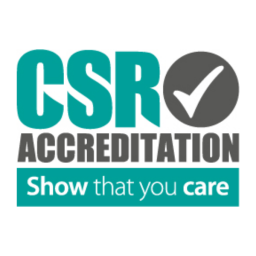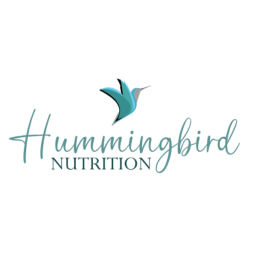Holiday season is upon us and for those lucky enough to fly to their holiday destination, finding ways to make the flight more enjoyable and less draining on the body can give you the energy to jump into your new surroundings and adapt to the heat difference quickly. Let's face it, anywhere is warmer than the UK!
Having just returned from my holidays (making a new friend in the photo!) and travelling two 7 hour flights back to back, I thought I'd share what I did to mitigate the oxidative stress caused by a long haul flight...
Combating Jet Lag with Smart Nutrition and Habits
Jet lag can be a significant hurdle when traveling across multiple time zones, leaving you feeling groggy, disoriented, and fatigued. However, you can mitigate its effects by following some simple nutrition and lifestyle tips:
1. Stay Hydrated
Water Intake: Drink plenty of water before, during, and after your flight. Airplane cabins have low humidity, which can lead to dehydration and exacerbate feelings of fatigue and discomfort. Adding electrolyte powder into your water bottle can ramp up hydration... and yes you can take electrolyte powder in your flight bag through security along with any other non-liquid supplements.
Avoid Alcohol and Caffeine: Both can contribute to dehydration, so it's best to limit these beverages while flying to keep your hydration levels in check, supporting your body's natural rhythm.
2. Maintain a Balanced Diet
Pre-Flight: Eat a balanced meal rich in vegetables, lean proteins, and whole grains before your flight. Avoid heavy, fatty, or greasy foods that can cause discomfort.
In-Flight: Bring healthy snacks such as nuts, fruits, and whole-grain crackers. Try to avoid the in-flight processed snacks, however temping!
Post-Flight: Continue to eat balanced meals to help your body recover. Include foods rich in antioxidants like berries and leafy greens to help combat the oxidative stress caused by flying and help your body recover faster from the stress of travel.
3. Manage Jet Lag
Adjust Sleep Schedule: Gradually shift your sleep schedule to match the time zone of your destination a few days before your flight.
Use Natural Light: Exposure to natural light can help regulate your body’s internal clock. Spend time outside when you arrive at your destination.
Stay Active: Gentle exercise can help reduce the symptoms of jet lag. Consider stretching, walking, or doing yoga.4. Promote Circulation
Move Around: Stand up, stretch, and walk around the cabin periodically to promote blood circulation, reducing the risk of swelling and deep vein thrombosis (DVT). This not only makes you feel more comfortable but also lessens the impact of jet lag on your body.
Leg Exercises: While seated, flex and extend your ankles, or try other leg exercises such as tightening your calves to keep the blood flowing.
Compression Socks: Wear compression socks to help prevent swelling and reduce the risk of deep vein thrombosis (DVT).
5. Support Your Immune System
Probiotics: Take probiotics or eat probiotic-rich foods (like yogurt or kefir) before and after your flight to support gut health.
Vitamin C and Zinc: Consider taking supplements or eating foods rich in Vitamin C and Zinc to boost your immune system, this helps you stay healthy and resilient against potential illnesses.
6. Comfort and Sleep
Neck Pillow and Eye Mask: Use a neck pillow and eye mask to help you sleep more comfortably on the plane. Improving the quality of sleep on the plane can making it easier for you to adjust to the new time zone upon arrival.
Noise-Canceling Headphones: These can help reduce cabin noise and make it easier to rest.
Layer Clothing: Airplane cabins can vary in temperature, so wear layers to stay comfortable.
7. Mental Well-being
Relaxation Techniques: Practice deep breathing, meditation, or other relaxation techniques to reduce stress and anxiety associated with flying, which are often heightened during long flights.
Entertainment: Bring books, movies, or music to keep yourself entertained and reduce the boredom of long flights.
Take plenty vitamin C tablets on holiday to mitigate those nasty bites from mosquitos! Take 250mg regularly throughout the day (but stop when your bowels become loose) if you get an infected bite. Mosquitos don't normally like my blood, but this holiday I got 30+ bites and my trusted vitamin C stopped a couple of nasty bites progressing to infection. GAME CHANGER!
Until we connect again...Nourish Your Body, Nourish Your Life
Lisa
Hummingbird Nutrition
 CSR Accreditation
CSR Accreditation



